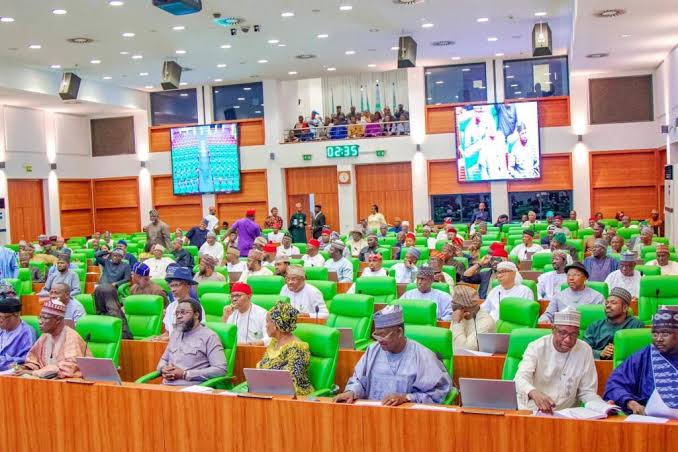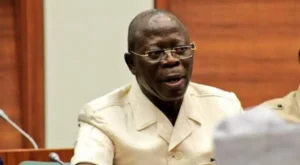On July 23, 2024, the Nigerian Senate passed a significant amendment to the National Minimum Wage Act 2019. This bill, which was quickly processed after being submitted by President Bola Tinubu, marks a major shift in Nigeria’s wage policy.
Details of the Bill
President Tinubu’s proposal sought to increase the national minimum wage from ₦30,000 to ₦70,000, addressing longstanding concerns about the adequacy of the current wage. The bill also aims to reduce the periodic review interval for the minimum wage from five years to three years. This change is intended to ensure that wages are more responsive to economic conditions and cost of living adjustments.
Process and Approval
The bill was introduced to the Senate, where it rapidly moved through all legislative stages—first, second, and third readings. In a remarkably efficient procedure, the bill received unanimous approval from the Senate in a Committee of the Whole session. This swift action reflects a strong consensus among lawmakers regarding the need for increased worker compensation.
Background and Agreements
The increase to ₦70,000 comes after negotiations between President Tinubu and the Organised Labour. The agreement reached last week highlights the administration’s commitment to addressing workers’ needs and improving living standards. By shortening the review period, the government aims to better align wage adjustments with economic realities, providing workers with more timely increases in their pay.
Implications and Next Steps
With the Senate’s approval, the bill now moves to the House of Representatives for consideration. If passed by the House and signed into law by President Tinubu, this change will represent a significant improvement in workers’ earnings. The new wage level and review period are expected to provide a more stable and fair compensation framework for Nigerian workers.
The passage of this bill underscores the government’s recognition of the challenges faced by workers and its intention to implement policies that enhance their well-being. As the bill progresses through the legislative process, it will be closely watched by both labor organizations and the public for its impact on the Nigerian workforce.







